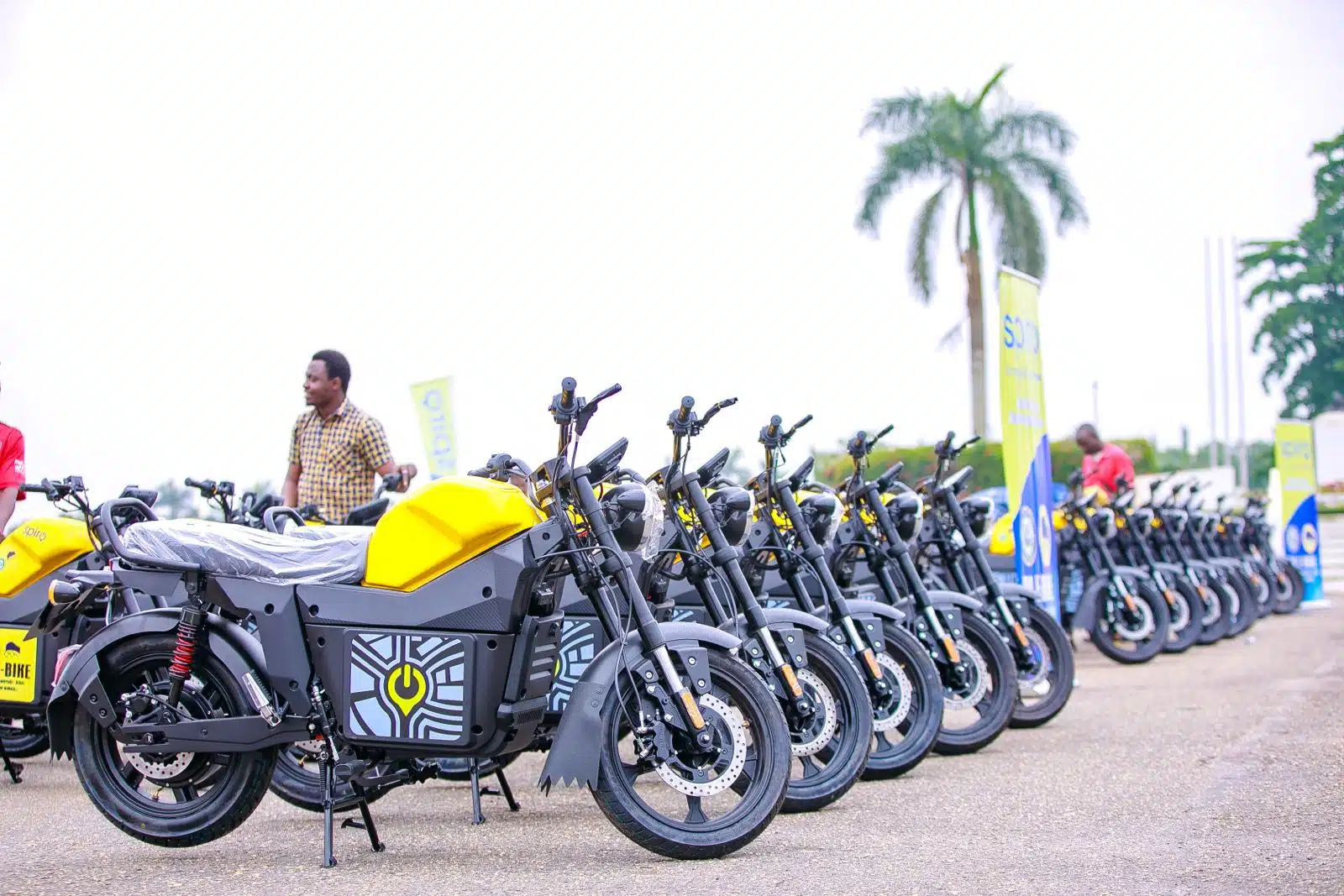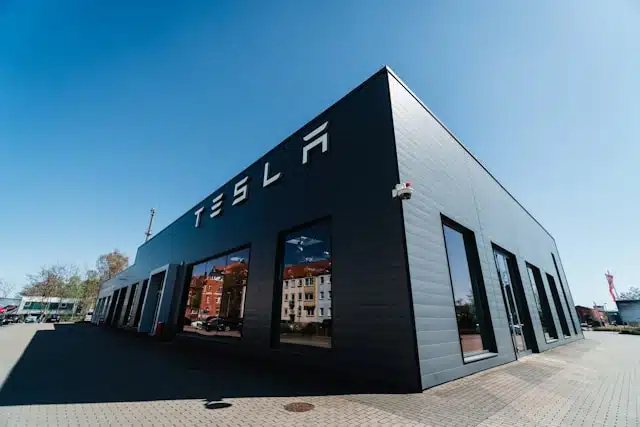Compressed natural gas (CNG) is becoming the most popular alternative to petrol, which has become more expensive in the past year. Initiatives like a payment plan for converting petrol cars to CNG and a CNG conversion app by the Nigerian government have also boosted its popularity.
These initiatives are part of the Presidential CNG Initiative (PCNGI), which is supposed to raise funds for the development of CNG infrastructure in Nigeria. According to Pi-CNG, there are currently 131 CNG conversion centres in Nigeria.
But before you drive to the nearest CNG conversion centre to start using the cheaper alternative to petrol in Nigeria, there are some things you should know.
Things to know before you convert your petrol car to CNG
From safety to how much it will cost, there’s a lot of information about CNG on social media. Some of what’s making the rounds is inaccurate and needs more context for people to understand what they are getting into with CNG.
This article addresses five must-knows before making the switch. Though CNG might just be catching on in Nigeria, it has been in use long enough to determine whether it is a good idea.
Is CNG safer than petrol?
Unlike what you see on X, CNG is safer than petrol. It is lighter than air, so if there’s a leak, it quickly rises and disperses, reducing the chances of igniting.
On the other hand, petrol vapours are heavier and tend to linger near the ground, creating a higher risk of fire. Also, CNG requires a higher temperature to ignite than petrol, making accidental fires less likely.
However, there’s a need for some context.
If your CNG installation isn’t done by a professional it is a disaster waiting to happen. If the components are not fitted correctly or low-quality materials are used, gas leaks can occur, increasing the chances of fire or explosion.

Victoria Fakiya – Senior Writer
Techpoint Digest
Stop struggling to find your tech career path
Discover in-demand tech skills and build a standout portfolio in this FREE 5-day email course
Poorly installed tanks or faulty connections can also lead to gas escaping into enclosed spaces, where it could ignite or cause health issues.
This is why it’s essential to have CNG systems installed and maintained by certified professionals who follow all safety standards.
Is CNG cheaper than petrol?
In July 2024, the Nigerian National Petroleum Company Limited (NNPCL) said CNG would be 40% cheaper than petrol. If the projection hasn’t changed, a litre of CNG will cost ₦380 — ₦570 less than petrol (₦950) in Lagos.
However, a September statement by PCNGI revealed that President Bola Tinubu has made CNG available at ₦230 per litre. While these might seem cheaper than petrol, Adebowale Ologbenla, Chairman of Zip-Tech, told Punch that it is still too expensive and should be ₦50 per kilogramme or litre.
Ologbenla’s submission is based on the fact that Nigeria has been flaring CNG for many years. To him, something that was wasted for many years should not be sold at a high price.
Does CNG last longer than petrol?
Yes, CNG lasts longer than petrol. A vehicle running on 50 kg of CNG will travel a greater distance than another vehicle with an equal quantity of petrol. CNG vehicles are therefore more cost-effective over time, especially for long-term or heavy usage.
It also helps vehicle engines last longer because CNG burns cleaner than petrol, producing fewer carbon deposits.
This leads to less engine wear and tear, meaning that CNG-powered engines require less maintenance and fewer repairs compared to petrol engines.
For example, components like spark plugs and valves in CNG vehicles have a longer life because they are not exposed to the same levels of carbon build-up that occur in petrol engines.
However, it’s important to note that the energy content of CNG is lower by volume than petrol, so a larger fuel tank might be needed to achieve similar driving ranges.
How much does it cost to convert a petrol car to CNG in Nigeria?
Conversion from petrol to CNG will usually cost ₦1.5 million ($967), but this can differ based on engine size. But the conversion subsidy offered by the federal government to transport workers could lower the cost.
Does CNG have disadvantages?
Yes, CNG has its disadvantages and one is the limited infrastructure. Currently, there are only about 131 conversion centres in Nigeria.
Also, CNG stations aren’t as many as petrol and diesel stations. This means your proximity to a CNG station could be influence your decision to switch.
CNG tanks also need space because of their size. The boot that’s typically used for storage will house the CNG tank.
Ultimately, your decision will be based on how much you have to spend and your proximity to CNG stations.












